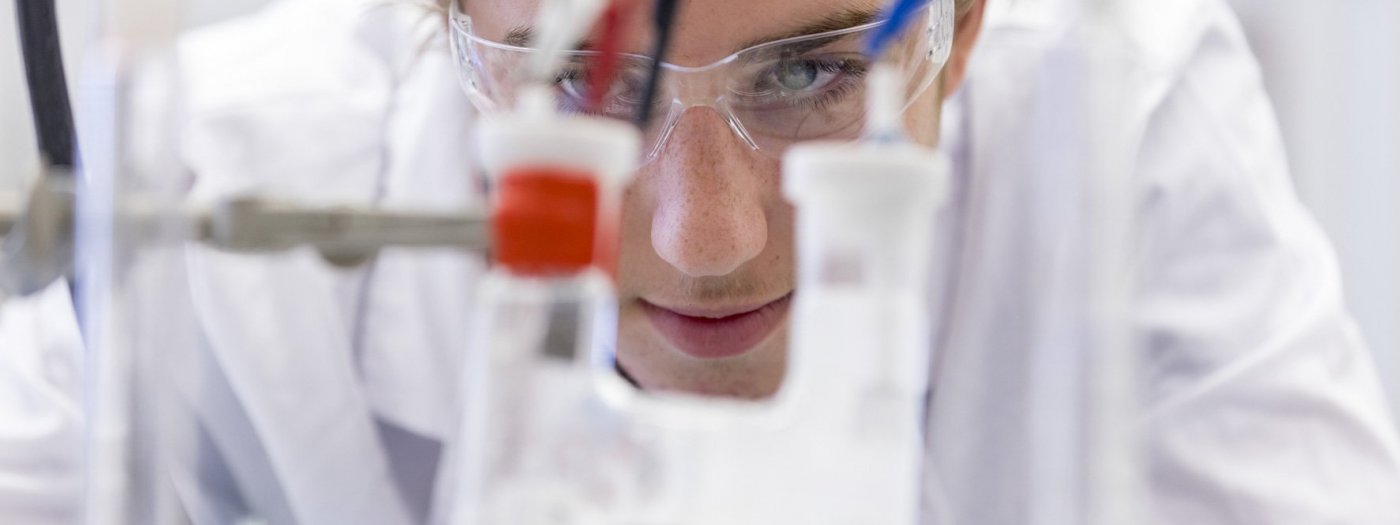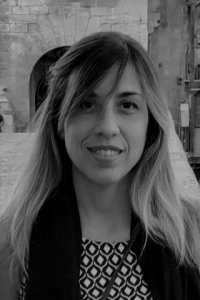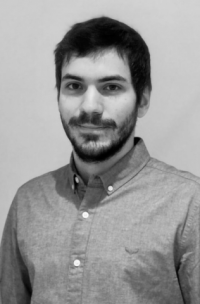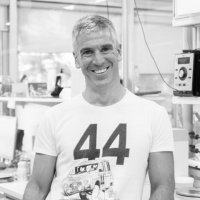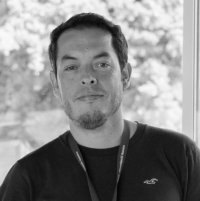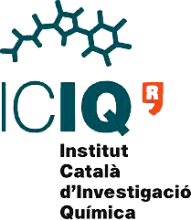Innovation in Photochemistry and Drug Synthesis: Shaping a Sustainable Future
The Project
Understanding nature and its mechanisms at a fundamental level provides us with knowledge and tools that can be used to face global issues. In this regard, chemistry plays a crucial role, together with other fields of science and technology, in the design and preparation of new appealing materials with relevant applications in the field of sustainable energy, industry and medicine. Our research project intends to show how research in chemistry is performed and how it impacts society. You will have the opportunity to delve into three of the most relevant topics in chemical research:
- Medicinal Chemistry: Have you ever wondered how a drug is created? How is the active principle synthesized? Which tests should a medicine pass before being commercialized? These topics and more will be discussed in this section. Furthermore, the concept of synthetic chemistry will be introduced and the students will be able to synthesize, purify and characterize their own medicaments in the laboratory.
- Renewable Energies: One of our priorities as a species is to transition towards a more sustainable system to obtain the energy that we consume. Renewable energies stand as a promising alternative to the current fossil fuel-based system, but they present drawbacks such as intermittency, capacity or difficulty to storage. One of the approaches to overcome these limitations is the use of green hydrogen as an energetic vector. In this section, you will enter the fields of photo and electrochemistry in the context of hydrogen production. You will build your own electrolyzers by preparing the electrodes based on Nickel foam adorned with metallic oxides (NiOx, NiFeOx, CoOx or MnOx). A visit to a medium size electrolyzer is also planned. Finally, you will be able to understand the physical and chemical principles behind the solar cells and prepare Grätzel cells which will be used to produce green hydrogen using the electrolyzer previously created.
- Quantum Dots: To celebrate the recent laureation of quantum dots with the Nobel Prize in chemistry (2023), we dedicate a section of the program to this topic. In this part, you will learn about the quantum physics behind these nanomaterials and will synthesize different samples to observe their optical properties. With this project, we aim to boost your enthusiasm for science and research in a multidisciplinary environment. We want to consolidate and expand your knowledge in chemistry through direct contact with experimentation, as well as to introduce novel technologies and methods within the field.
Matching profiles
This project is addressed to students interested in Chemistry, Physics, Engineering, Medicine, Nanomaterials
Learning objectives
- To discover photo and electro and synthetic chemistry.
- To explore material science and quantum physics.
- To learn about automation, research methodologies in experimental chemistry.
- To familiarize with how to work in a laboratory.
- To introduce to green and sustainable chemistry.
Required materials
Laptop, Lab coat
Coordinators of the project
Associated researchers

